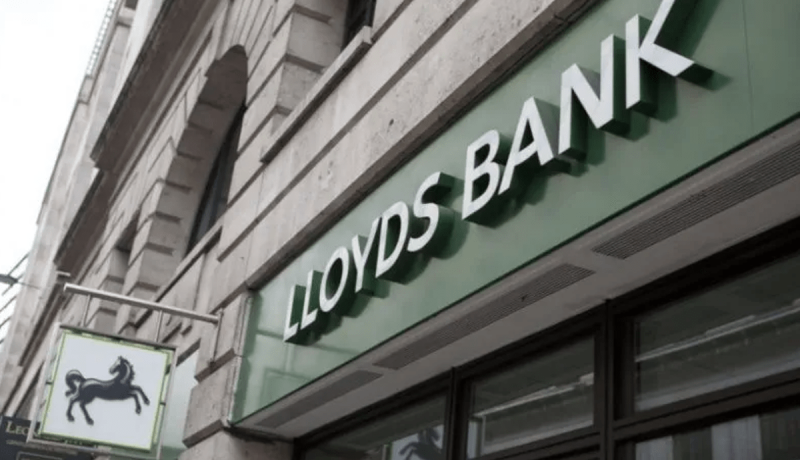
Motor finance lenders still on the hook after Supreme Court ruling
Table Of Content
| Updated:

A lukewarm win in the landmark motor finance case has allowed City banks to skirt a nightmare scenario, whilst still remaining open to a regulatory redress scheme.
The Supreme Court found that the customers’ claims against the lenders couldn’t succeed based on fairness, known as equity, or tort, which refers to any wrongful actions worthy of compensation.
The Court upheld the appeals of Close Brothers against Hopcraft and Wrench but said the commission in the case of Johnson, whose case was with South African lender First Rand, was “unfair”.
Despite the partial win, which will avoid the worst case scenario as feared by both the Treasury and Financial Conduct Authority, Johnson’s entitlement to compensation suggests the motor finance saga is far from over.
“This a massive win, don’t be distracted by Hopcraft and Wrench – that was always going to be a tall bar to hit with regards to bribery” one lawyer told City AM.
“The Johnson element, the unfair relationship, the breach of Consumer Credit rules has always been what’s at the heart of this case”.
But Caroline Edwards, partner and dispute resolution specialist at Travers Smith, said the ruling was a “major overturning” of October’s Court of Appeal judgment that stated it was unlawful for banks to pay a commission to a car dealer without the customer’s informed consent
“But there was a sting in the tail,” Edwards added, saying Johnson’s case was set to “introduce yet more uncertainty into the market”.
Regulators in driving seat
The Financial Conduct Authority (FCA) said following the ruling it would confirm before markets open on Monday August 4 whether it would consult on a redress scheme.
Peter Rothwell, head of banking at KPMG UK, said the ruling provides a “clear path forward and the FCA has legal clarity to proceed with a more targeted redress scheme”.
The National Franchised Dealers Association (NFDA), which represents car and commercial retailers across the UK, welcomed the verdict calling for “the regulator to act fairly to ensure UK consumers receive a satisfactory result”.
The City watchdog had previously said a redress scheme must ensure the integrity of the motor finance market, so it works well for future consumers.
The Court’s verdict is set to curb fears of total compensation reaching £30bn and reduce the scope for a very-large scale compensation scheme.
The ruling would also skirt the worst fear of Chancellor Rachel Reeves who was reported to be exploring ways to overrule the Supreme Court should an adverse ruling have been handed down.
Richard Coates, partner and head of automotive at Freeths, winner of City AM‘s law firm of the year, said: “The judgment opens the gateway for consumers to bring claims under the Consumer Credit Act, where particularly large commissions have been paid and the relationship is therefore unfair”.
Lloyds Banking Group – which owns leading vehicle finance provider Black Horse – leads the pack for highest provisions set aside at £1.2bn.
Meanwhile, Santander is on the hook for £295m, Close Brothers £165m and Barclays £90m.
Lord Justice Reed, President of the Supreme Court, said ahead of the ruling being announced that the FCA had advised the verdict be announced after markets were closed or the weekend to avoid “disorder”.
Reed said: “The markets will need time to digest and consider its implications”.





No Comment! Be the first one.